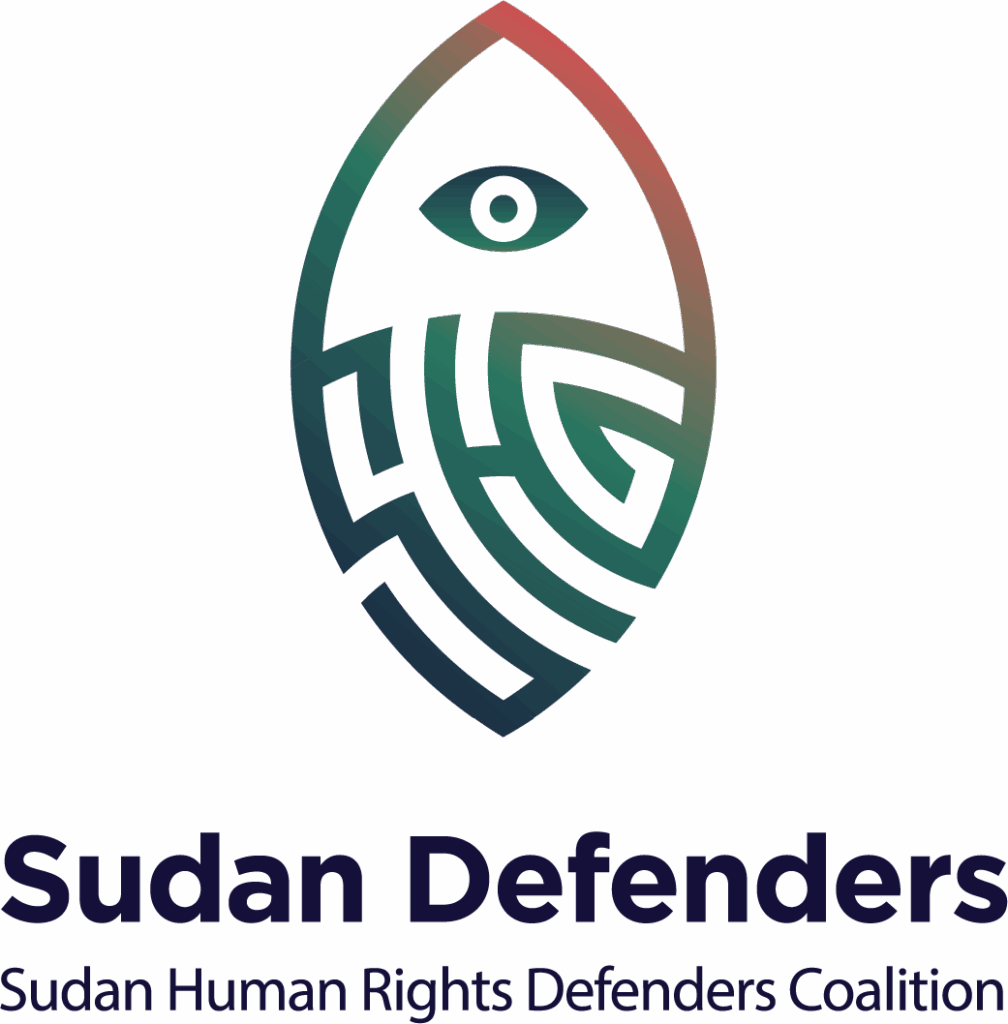Since the outbreak of war between the Sudanese Armed Forces (SAF) and the Rapid Support Forces (RSF) on April 15, 2023, the operating environment for civil society in Sudan has drastically deteriorated. The conflict has led to severe restrictions on civic space, with both warring parties imposing movement constraints, internet shutdowns, and targeted attacks on activists and humanitarian workers.
Civil society organizations (CSOs), particularly those involved in human rights, peacebuilding, and humanitarian aid, face extreme risks. Many have been forced to suspend operations or relocate due to violence, looting of offices, and direct threats. The RSF has been accused of harassing and detaining activists, while SAF-controlled areas impose bureaucratic obstacles to restrict independent CSOs. Legal frameworks, such as Sudan’s restrictive NGO laws, are still used to suppress dissent, with authorities requiring excessive documentation for registration and funding approvals.
Despite these challenges, Sudanese civil society has demonstrated remarkable resilience. Local resistance committees, women’s groups, and emergency response rooms (ERRs) continue to provide critical aid, document human rights abuses, and advocate for peace. However, their efforts are hampered by funding shortages, as international donors struggle to operate in the volatile environment.
The war has also deepened Sudan’s humanitarian crisis, pushing CSOs to shift from long-term advocacy to emergency relief. Internet blackouts and censorship further limit their ability to mobilize and report abuses. International support remains crucial, but without a ceasefire and a return to civilian governance, the space for civil society will remain severely constrained.
In conclusion, Sudan’s civil society operates under extreme duress, balancing survival with activism. Sustainable improvements require an end to hostilities, legal protections for civic freedoms, and greater international solidarity.
Network member:
